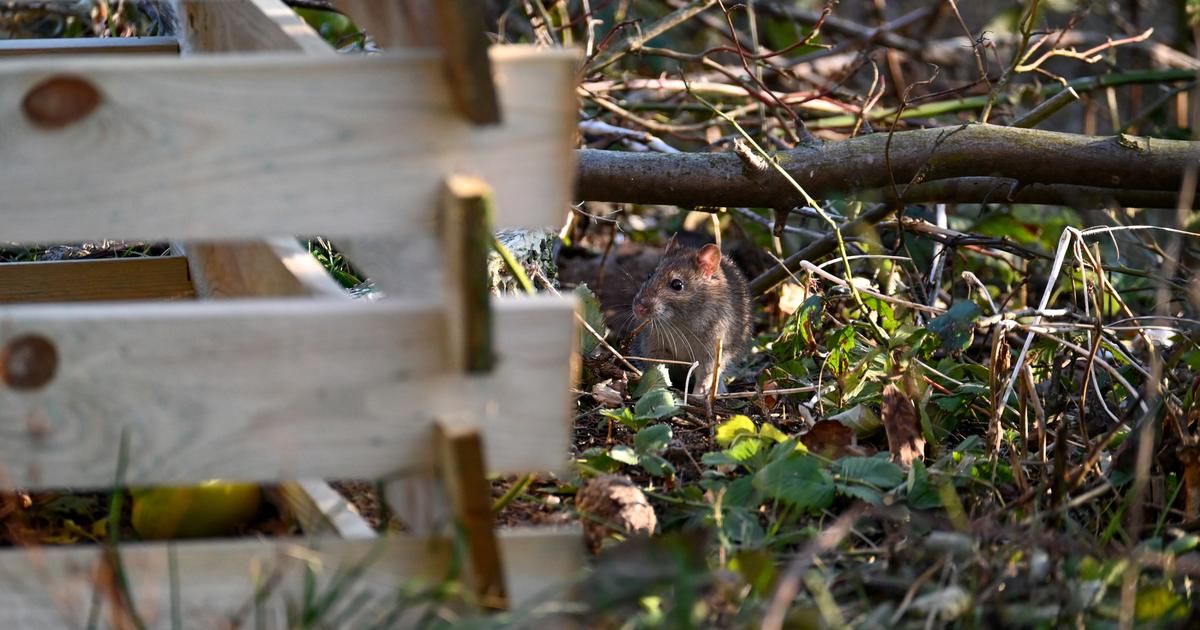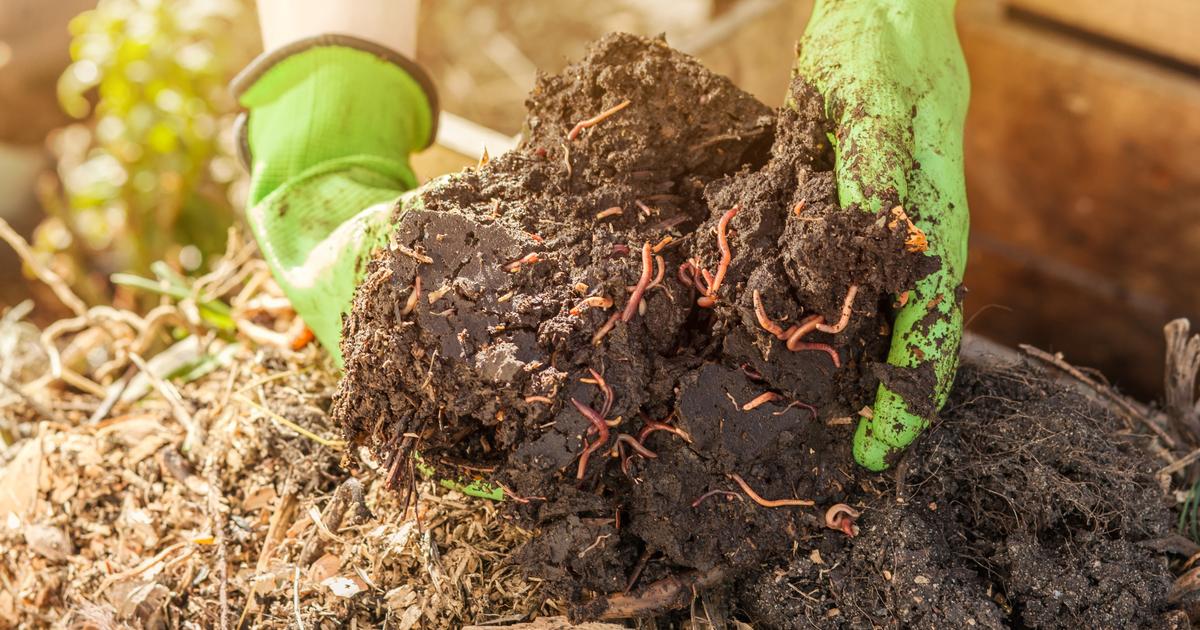From January 1, 2024, the French will have to have a compost at home to sort organic waste.
But some already make compost for their garden and have a composter.
Are they visited by rats?
How to prevent them from settling there?
What attracts rats to compost?
Brown rats, or Norway rats, invest compost for 4 reasons, mainly:
A place to live
Rats come to the compost looking for a place where they can live undisturbed.
A place where they can also raise their young.
Indeed, the composter is often far from the house and people go there occasionally to deposit their waste.
The compost is therefore a shelter for them in winter.
They are not disturbed by human activities, repetitive passages.
It is in the fall that they seek their winter home.
A pantry
Rats also come to look for food in the compost, which contains a variety of foods in sufficient quantity.
The heat
They are also attracted to the heat released from the compost as it decomposes.
This way they can stay warm, indoors and raise more young.
Security
The compost is a safe place for them, they have time to escape before the arrival of human beings.
Rats are therefore attracted to compost because they can live in safety, feed themselves and raise their young, thus multiplying.
Good to know
Having a rat in his compost is not necessarily a bad thing: he aerates it and mixes it with the galleries he digs in it, and thus speeds up the decomposition process.
The problem lies in numbers and proliferation.
How to avoid the presence of these rodents in the compost?
You can take preventive measures and put in place a few actions to make compost unfriendly for rats, whatever your composter (vermicomposter, barrel, silo, compost bin, self-made composter, heap).
Remember that the choice of your composter depends on your needs and what you want to compost.
Read alsoCompost: what you need to know before getting started
Some best practices:
Use a closed composter (with a lid), made of wood or plastic, for kitchen scraps.
If the slats of the walls are open, reserve it to make compost with garden waste: lawn mowing, leaves, plant residues.
Bury your food waste in your compost pile rather than leaving it accessible directly on top.
Depending on the type of composter, check that the size of the ventilation holes does not allow rats to sneak in.
If necessary, do not hesitate to surround your composter with a resistant mesh, with a very fine mesh.
Also remember to place a pest-proof bottom grid under your silo, if it does not have a rat-proof grid.
This operation will prevent rodents from accessing it through the ground and their galleries.
You can also install it on concrete slabs.
Also position a perforated grid, with small holes above your composter if it does not have a lid.
The rat prefers a dry and warm place.
Remember to aerate your compost regularly, turning it over.
Humidify it, humidity also promotes decomposition.
If you opt for a pile at the bottom of your garden, stir it very often, rats don't like to be disturbed.
And make regular trips back and forth near the heap in order to disturb their tranquility.
They will look for another quieter place.
If you own a cat, you have a great ally: let it wander into the compost, it will hunt rodents.
What animals can live in compost?
Rats are not the only rodents attracted to your compost: mice, field mice, dormice, voles.
But other occupants are also present, including many insects:
beetles (beetles)
centipede
earthworms
slow worms
slugs
springtails
snails
woodlice
insect larvae (cetoine larvae)
ear clips
shrews
hedgehog
Some animals find shelter there, others come only to look for their food and leave.
Not all of them are harmful, some are even beneficial in the process of decomposing waste, such as worms.






